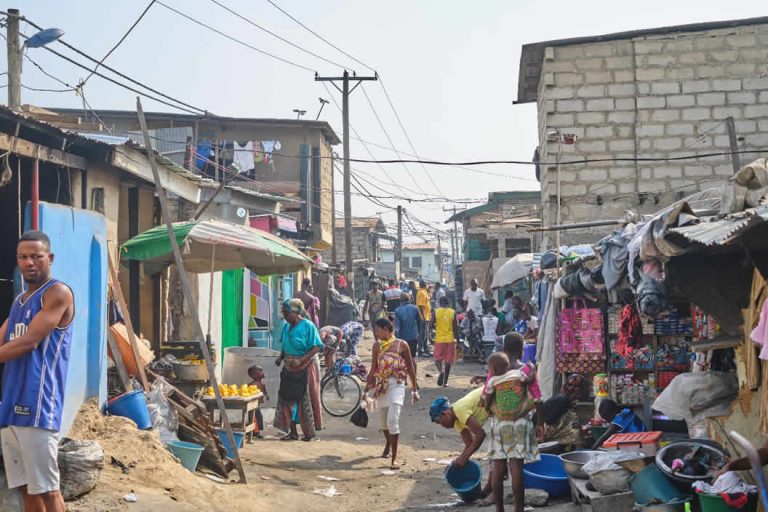According to a World Bank report, a staggering 850,000 Ghanaians fell into poverty in 2022 as a result of high inflation rates.
According to the report, the severe economic crisis that hit the nation in 2022 and was marked by skyrocketing inflation rates had a terrible impact on both food security and poverty.
It also revealed that between January and December, year-over-year inflation soared from 14% to an astounding 54 percent, marking the highest level since the early 2000s.
According to the World Bank, this spike in inflation was especially noticeable in the rising costs of food, which outpaced those of non-food items.
READ ALSO: I Was Joking – Ghanaian Based In Qatar Who Threatened To Rob Bank Of Ghana With His Gang Begs
The poorest sectors of the population were hit the hardest as a result, resulting in a sharp decline in the real purchasing power of Ghanaians.
“Simulations conducted during this period revealed alarming results, showing that approximately 850,000 Ghanaians were pushed into poverty solely due to the escalating prices in 2022. For these individuals and families, temporary declines in incomes and consumption became entrenched, leading to a situation where poverty became entrenched and, in some cases, even permanent. The situation worsened when it came to food security,” the World Bank report read in part.
“Another disturbing disclosure was that the number of food-insecure Ghanaians surged from 560,000 in the last quarter of 2021 to a staggering 823,000 during the same period in 2022. As food prices continued to climb, a significant portion of the population struggled to afford sufficient food to meet their dietary needs, let alone maintain a healthy and active lifestyle.”
In order for Ghana to recover and guarantee its citizens a more secure and prosperous future, the report advises the government to implement strategic policies and concerted efforts.
Click here to read the World Bank report on Ghana

